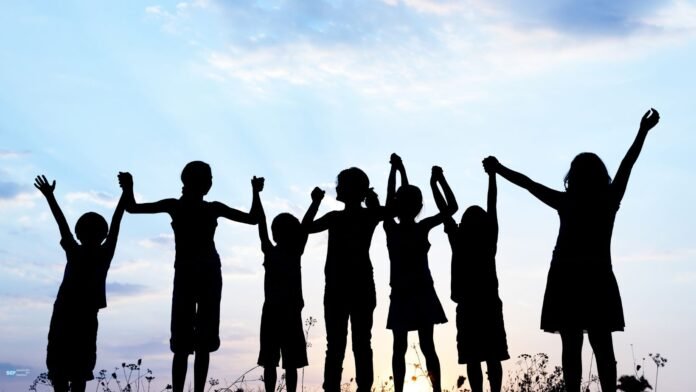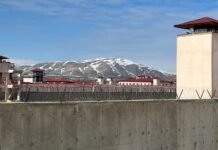The Turkish government’s Human Rights Action Plan (İHEP) has failed to safeguard children’s rights, falling short of international standards, the Human Rights Association (İHD) said in a report released on Monday.
The report found that the İHEP failed to acknowledge structural and systematic violations of children’s rights and did not propose any effective preventive measures. It warned that the lack of a comprehensive policy has resulted in continued abuses in juvenile justice, child labor and child poverty.
The İHEP, unveiled in March 2021 by Turkish President Recep Tayyip Erdoğan, was designed as a two-year roadmap for strengthening the country’s human rights infrastructure.
Funded by the European Union, the report assessed that the İHEP was against key international standards, such as the UN Convention on the Rights of the Child, the Havana Rules, the Beijing Rules, the Riyadh Guidelines and the Council of Europe’s Guidelines on Child-Friendly Justice.
The report emphasized the imprisonment of children, expressing serious concerns over those aged 0-6 living in prison with their mothers. While the 5th and 7th judicial reform packages introduced provisions to postpone the execution of prison sentences for women with children, the report criticized these measures as temporary and insufficient.
The İHD also questioned the legal basis and use of “mother-child units” for convicted mothers and their children, saying alternatives to imprisonment must be sought in line with international standards.
Also cited in the report are alarming figures showing that the number of victimized children increased from 207,999 in 2021 to 242,875 in 2023, while the number of children pushed into crime rose from 132,943 in 2021 to 178,834 in 2023.
The number of officially registered child workers reached 1.47 million in 2024, with the total estimated at around 3.5 million when unregistered cases are included. The report said the scale of child labor reflects a structural and systemic violation of children’s rights in Turkey.
The report recommended that future editions of the İHEP include a dedicated section on children’s rights with measurable objectives. It said international human rights conventions should serve as binding frameworks rather than mere references and urged concrete strategies to eradicate child labor, prevent rights violations and ensure children’s participation in decisions that affect them.















